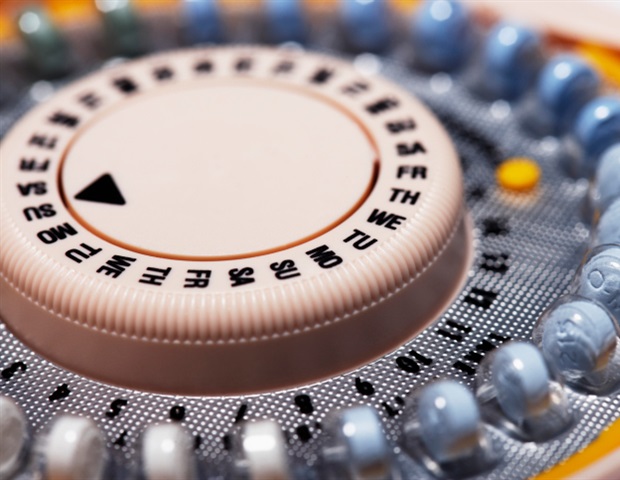
In the aftermath of the US Supreme Court's Dobbs decision, which revoked the federal right to an abortion, medication abortions through telehealth have become increasingly common in the United States. According to a report from #WeCount, nearly 1 in 5 abortions nationwide were medication abortions provided through telehealth during the last few months of 2023. This represents a significant increase from April 2022 when about 4% of all abortions were medication abortions provided via telehealth. The report also highlights that during the Covid-19 pandemic, regulatory flexibilities allowed for broader access to medication abortions through telehealth, leading to a surge in their usage.
However, in some states with abortion bans or severely limited access to care, physicians are reporting denial of care for miscarriages and unnecessary C-sections. One case from Louisiana involved a pregnant patient who was forced to remain pregnant despite having serious cardiac complications that threatened her life due to the state's near-total abortion ban. Doctors in these states are terrified of breaking the law, facing fines, loss of medical license, and felony charges.
Antiabortion officials dictate conditions for legal abortion care under state bans and change medical norms, putting patients at risk. For instance, former President Donald Trump recently made comments that seemed to leave the door open to restrictions on contraception. Shefali Luthra's new book, 'Undue Burden,' explores the impact of these developments in post-Roe America.
It is essential to note that medication abortion provided through telehealth is medically successful in about 98% of cases, with less than 5% of people seeking medical care for rare adverse events. The FDA has approved mifepristone and misoprostol for medication abortions, making them a safe and effective option for individuals living outside metropolitan areas or in low-income communities where high-quality reproductive and maternity care services are lacking due to legislative restrictions.

